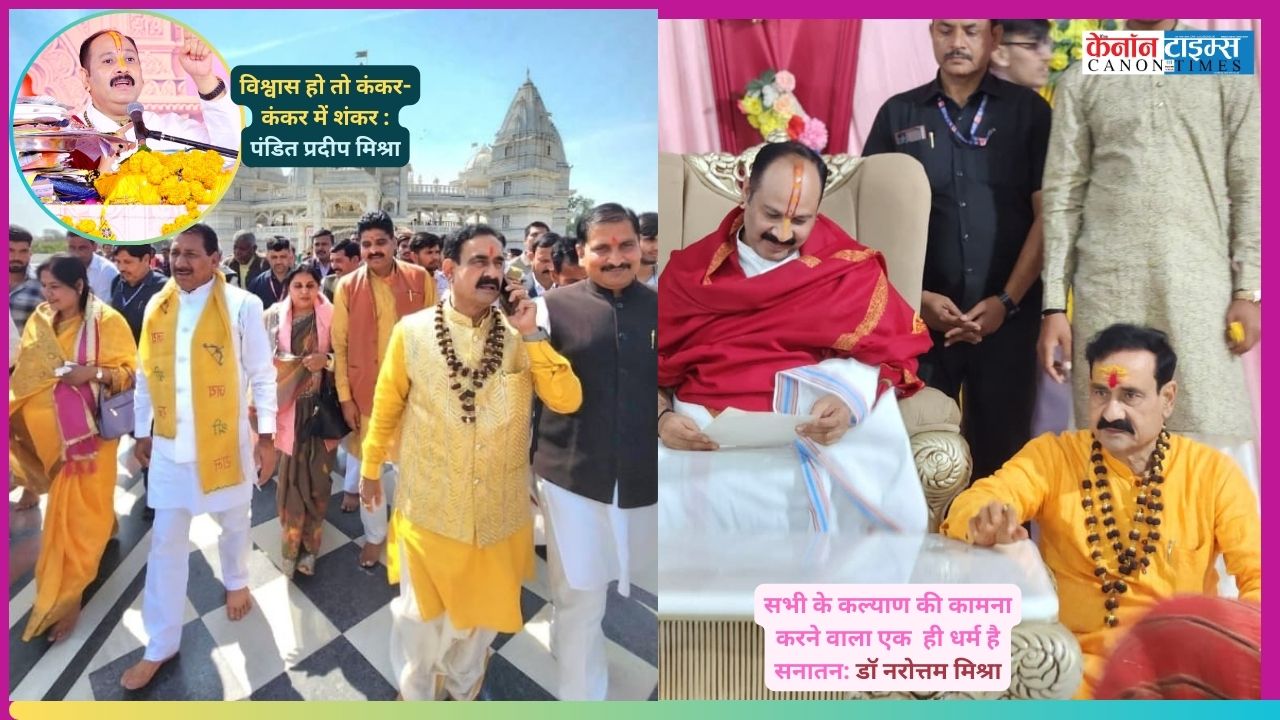Social media should promote open and honest communication, rather than being used to control citizens.
The Uttar Pradesh government’s new Digital Media Policy (2024) sets a hazardous precedent in the confluence of governance and digital expression. Yogi Adityanath’s cabinet approved a plan to showcase the state’s successes through influencers serving as official spokespersons. Offering generous arrangements to content creators to promote official narratives on platforms like X, Facebook, Instagram, and YouTube blurs the line between authentic influence and state propaganda.
This move presents significant ethical issues.
Influencers’ legitimacy is based on their perceived authenticity, which can lead to conflicts of interest. Accepting such proposals would turn them into just advertisers, reducing public faith in their substance. This policy may indirectly route state cash to influencers aligned with official interests, leading to a culture of favoritism and bias.
The policy’s harsh penalties, including life imprisonment for anyone who create “anti-national, obscene, or objectionable” information, pose a substantial danger to free speech. The broad language of these regulations might lead to misuse, with even minor criticism being considered a criminal conduct. This has a chilling impact on conversation, suppressing dissent and hindering democratic dialogue. In a society like India, where unity is more important than diversity, social media should promote open and honest communication rather than being used for government control.
The Digital Media Policy is an overreach that threatens media freedom and democratic norms. The people and media must oppose this dictatorial move to prevent a hazardous precedent and further erosion of India’s media freedom rankings.
Author: This news is edited by: Abhishek Verma, (Editor, CANON TIMES)
Authentic news.






